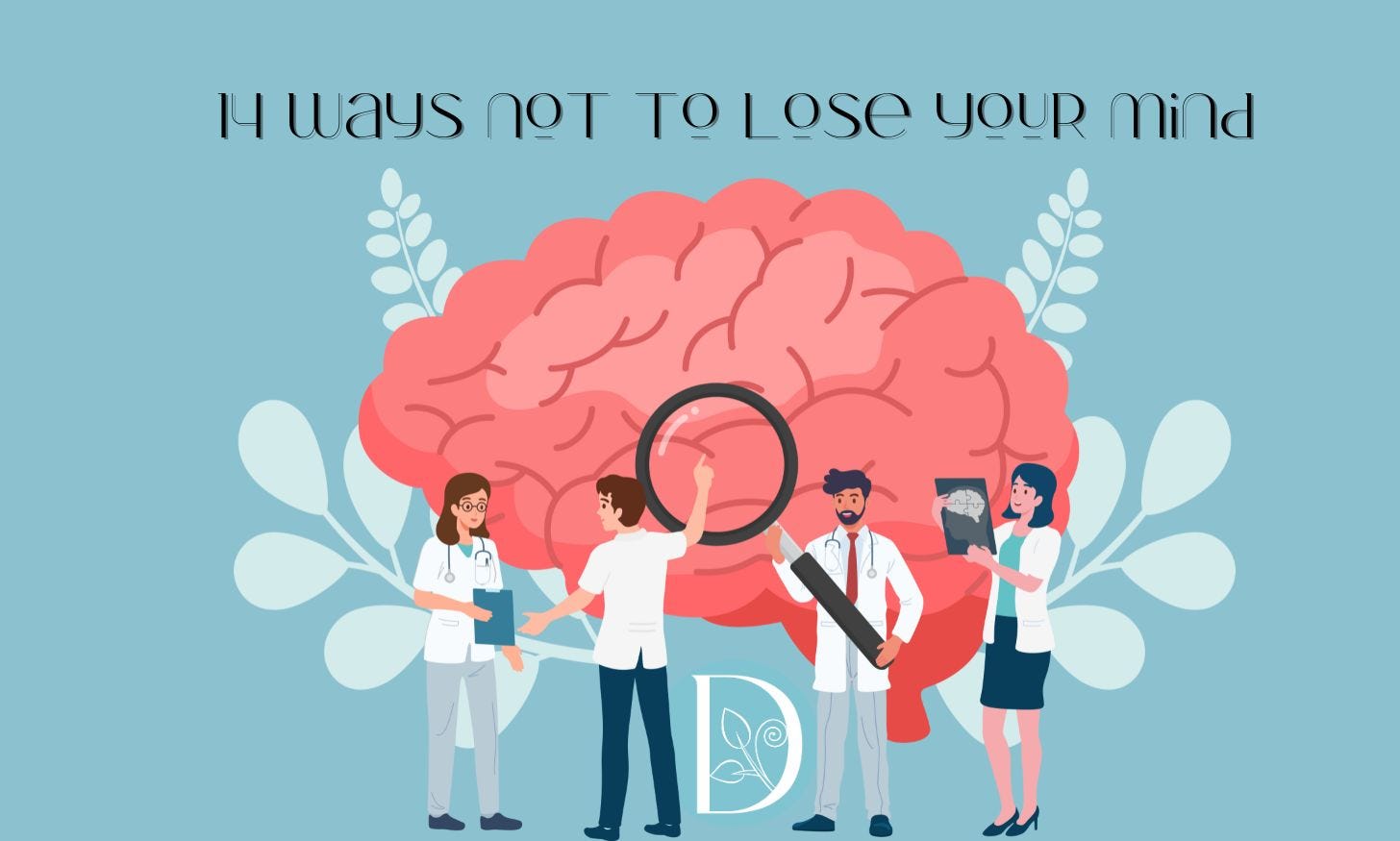Turn it up! Why your brain needs to hear, see and stand on one leg
Dementia prevention science got a leg up today. Will you practice standing on one leg, too?
I’ve written before about going ga-ga.
It’s the deepest, darkest fear many of us have about getting older, with dementia already the leading cause of death for Australian women and 1.6 million Australians caring for someone with the condition.
But science is discovering weird things can help modify dementia risks. Last week it was the shingles vaccine, this week I’m all about standing on one leg.
This stand on one leg test predicts higher rates of cognitive decline. No wonder I am obsessed. My neuroticism does ensure I overthink things to a ridiculous degree.
As you can see in the video below, I’m relatively shit at standing on one leg. But I do pass the scores.
Balance training is not only important as an indicator of strength but helps coach your brain to stay sharp.
A new Australian study led by Professor Henry Brodaty from the University of New South Wales' Centre for Healthy Brain Ageing says almost half the risk of dementia can be explained by modifiable lifestyle factors.
His Maintain Your Brain study published in Nature today tracked more than 6,000 people aged 55 to 77 across New South Wales for 3 years.
It found people can be coached into healthier memory, reasoning and processing speeds.
And this coaching didn’t just improve cognition, it also helped their weight, their heart and their blood pressure.
"A third of people [in the intervention group] did nothing, a third of people did something, and a third of people did a lot,” he told ABC News. "As you'd expect, the people who did more did better than the people who did some, who did better than the people who did none."
Standing on one leg with your eyes closed might immediately send you packing for the dementia ward - it’s physically hard! But with practice it gets easier
.
14 modifiable risk factors for dementia
A risk factor is something that affects the likelihood of something happening to us (like dementia).
Non modifiable risk factors are things we can’t control - like our age or the genes our parents lumped us with.
But modifiable risk factors account for up to 45% of the risk of getting dementia.
I find this stuff scary and fascinating in equal measure. The hearing loss factor is one that gets me.
Something called the Lancet Commission has developed 14 modifiable risk factors for dementia (there used to be just 12) and these are:
The 14 risk factors are:
There are certain things that influence dementia risk that we can’t control – such as our age, and the genes we inherit. Researchers call these ‘non-modifiable’ risk factors.
Then there’s the 14 listed above. (This means hearing aids and glasses need to become a thing!)
I’m already avoiding excessive alcohol consumption - I think I broke my liver when I was young so now my liver hates me drinking.
Which risk factors do you think are worth modifying? Go on, tell me your thoughts in the comments.





